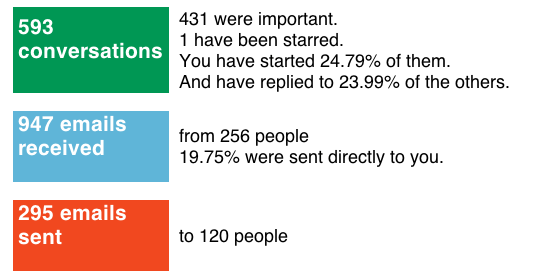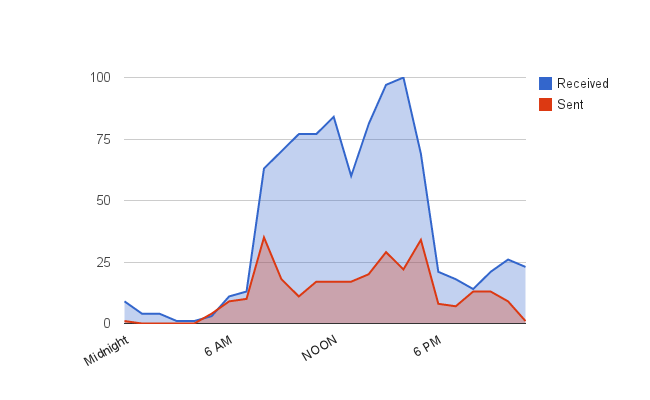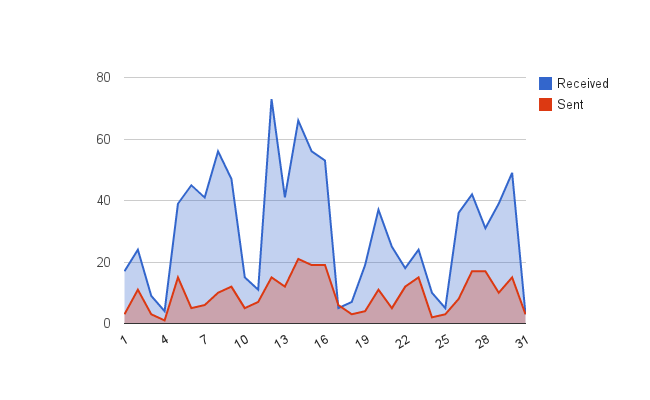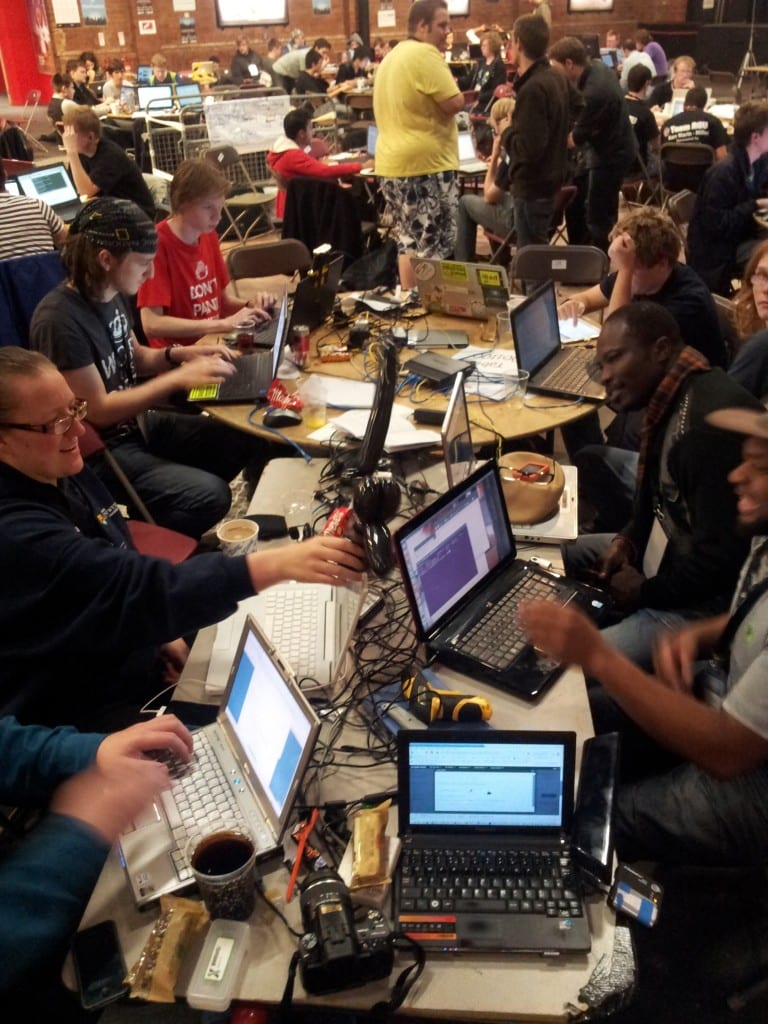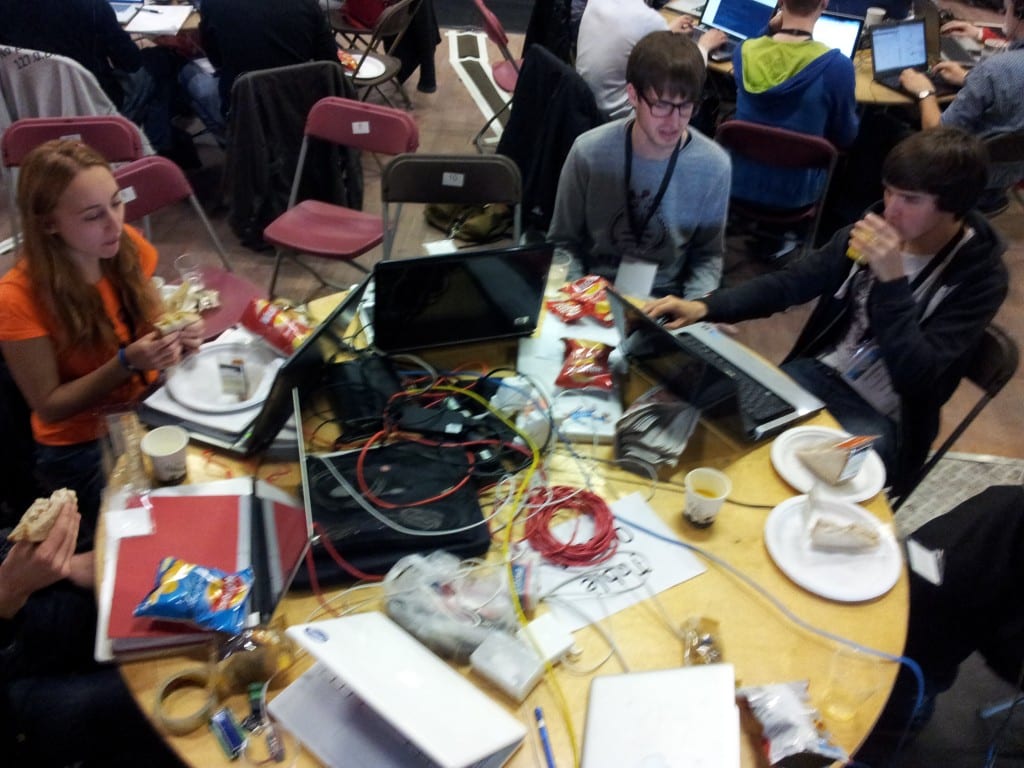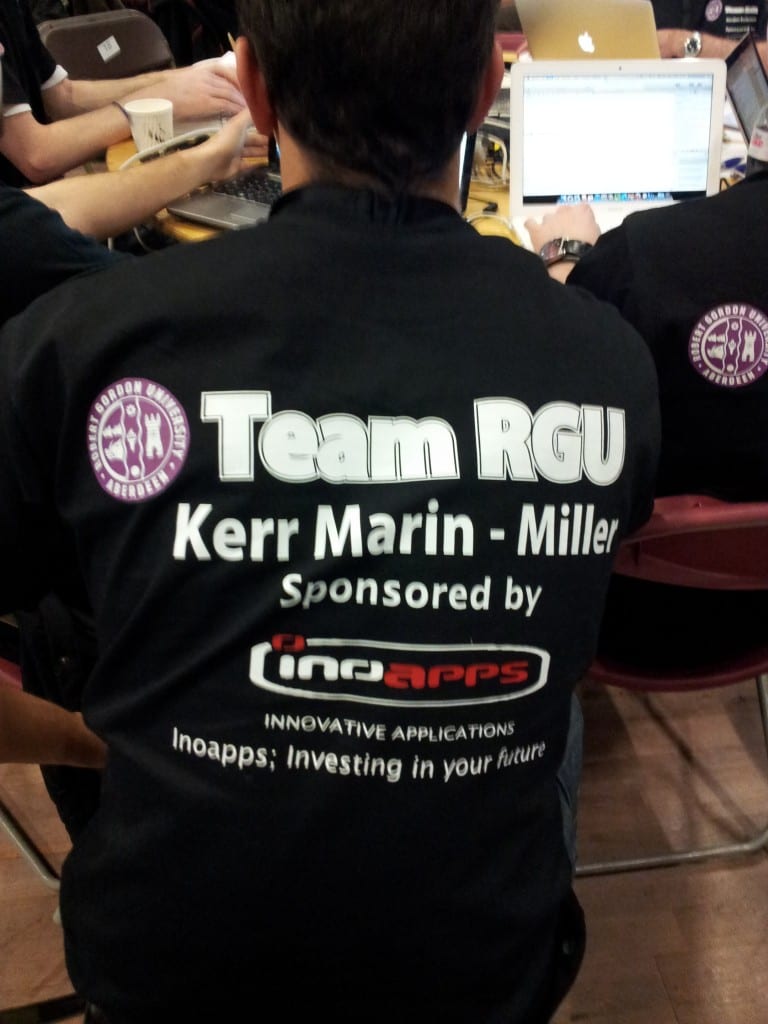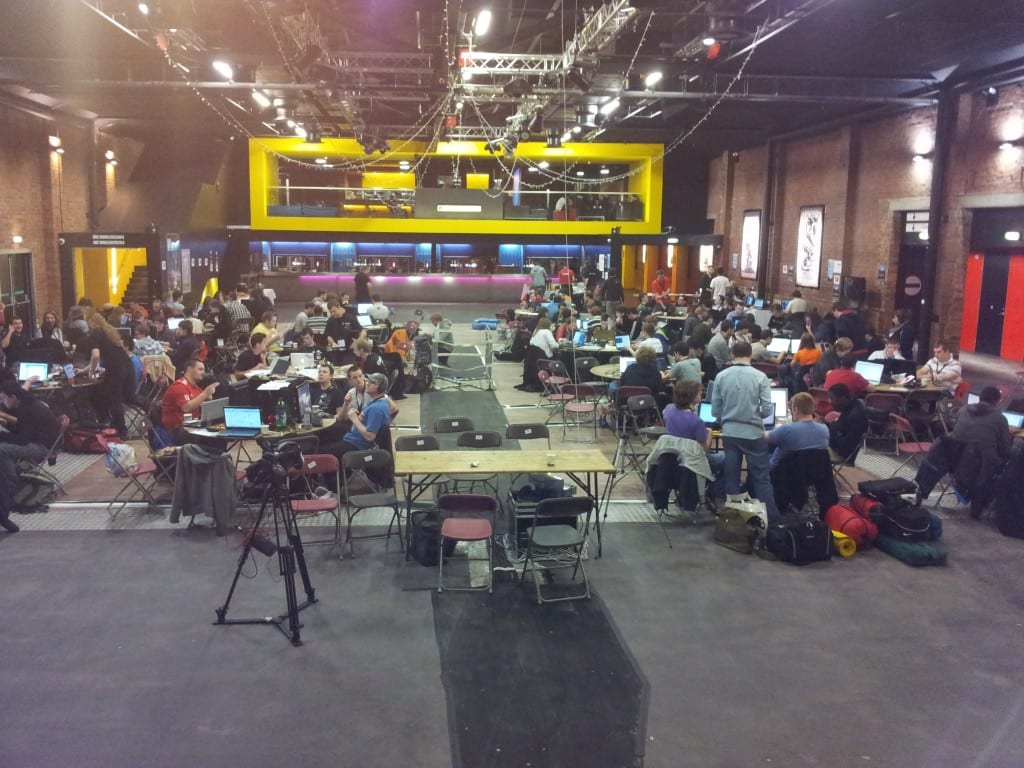This job is now formally open for applications.
Just a heads up to say that we’ll be advertising for a Web Developer to work on Orbital, our JISC-funded ‘Managing Research Data’ project. The post, starting in March/April, will be a 12 month, full-time, grade 5 (c.£21K) position.
The Web Developer (‘you’) will be working in the Centre for Educational Research and Development, alongside Nick Jackson, Lead Developer on Orbital, and also benefit from being in a team that includes staff in central ICT services and the Library. Orbital builds on and extends previous work we’ve been doing over the last couple of years, so if you’re interested, you should read through our projects pages.
If we were to summarise our technologies and interests I guess they would be #agile, #opensource, #opendata #LAMP, #php, #codeigniter, #mongoDB, #OAuth, #APIs, #HTML5, #CSS3, #github and moving towards #RDF and #LinkedData.
Just seeing these hashtags listed together should cause your heart to beat with excitement 🙂
When we advertise in January, you’ll see that the job spec is actually a pretty standard affair. What I want to emphasise here is how interesting and fun the job will be.
The key section in the Job Description is what you’d be working on with Nick:
- Development and implementation of a set of web services, which re-use and develop our previous, JISC-funded work as well as other initiatives (e.g. SWORD and DataCite DOIs).
- Documented source code will be made available under an open source license by the end of the project.
- Development and implementation of mechanisms for managing and transferring data, including the use of MongoDB, OAuth, read/write RESTful APIs, SWORD2 interoperability, and integration with the administrative functions of EPrints.
That actually summarises a lot of work.
I’m managing the project and try to run things with as little hierarchy as possible within a university environment. You’ll always know the project priorities and will be trusted to self-organise and deliver on time, working to two-week iterations and, roughly, monthly releases. I regularly reflect on how we work and our overall working environment. For Orbital, I favour the Crystal Clear agile methodology, as does Nick. You’ll be encouraged to reflect on this with us, too.
We work hard, and not always 9-5pm, but we work at a pace that is sustainable over a long period of time. We take our work seriously but, in the spirit of hacking, are always looking for ways to have fun, too. We recognise that we’re fortunate to be working in a diverse and intellectually stimulating academic environment, but are user/product focused at the end of the day. You’ll be working directly with our users, who are Researchers in the School of Engineering and Siemens, and staff in the Library and ICT. You’ll need to be showing them refreshed, working software every couple of weeks and iteratively improving Orbital, based on their feedback and requirements. There may also be times when you’ll be asked to talk publicly about your work and you’ll be encouraged to blog about it every so often, too. I expect the project to produce one or two conference/journal papers, and you’ll be named as a contributor and can take as active role in that as you like.
I hope this sounds like an interesting job. At £21K, I recognise that it will probably attract younger developers looking to gain experience, though of course, we welcome applications from anyone whatever your age. By the time the post starts, we’ll have set up a decent dev/staging/production environment, hosted in the cloud, and relying on Github and Jenkins to keep things versioned, integrated and tested. Nick will have been developing Orbital for a couple of months or more and laid the groundwork for someone to start coding quickly in a supportive environment.
If you’re thinking of applying and don’t live in Lincoln, you’ll be pleased to know that it’s a decent small city, and a relatively cheap place to live. The campus is modern and sits by a Marina in the middle of the city. You can walk to work. I love the place. Oh, and you can choose your own hardware for development, within reason. Most of us use Macs, but whatever suits you. I’ll ask the successful candidate what they prefer when we offer them the job.
If, after reading around the project website, you’ve got any questions about the post, please do get in touch. Thanks.
* Wondering what the hell ‘web scale’ means? Something like this.
